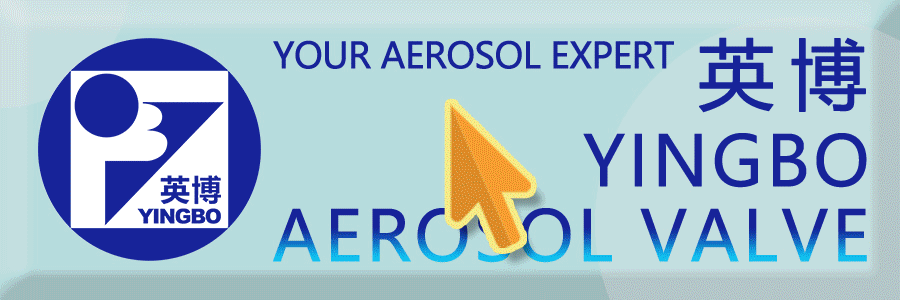EU grants extension to thyssenkrupp Rasselstein for use of chromium trioxide in packaging steel
On publication in the EU Official Journal of 10/21/2020, thyssenkrupp’s products became subject to the following new review times for the use of chromium trioxide: approval for the passivation (treating/coating) of tinplate until 10/21/2027 and approval for special chromium-coated packaging steel (TFS/ECCS) until 12/31/2028. thyssenkrupp said chromium trioxide is not found on the surface of the finished product; it is only used during the production process of both products.
Dr Peter Biele, CEO of the German packaging steel manufacturer, said: “We actively support the change to chromium(VI)-free alternative products, and with the chromium-free passivation rasselstein CFPA, we already have a product ready for series production in our portfolio.
“But for risk management reasons, we secured the continued use of chromium trioxide until the substitution of the previous products by our newly developed chromium(VI)-free alternatives has been completely achieved together with our partners in the delivery chain. This gives our customers the required time for implementing the chromium(VI)-free products in the market.”
One of the 100% chromium(VI)-free alternative products already available at thyssenkrupp is rasselstein CFPA – an innovative passivation for tinplate based on titanium.
According to thyssenkrupp, this product offers the same functionality as the chromium-based passivations, which had been used previously.
CFPA was developed by the European manufacturers of packaging steel organised in the APEAL association. The material is compliant with EU and FDA regulations without limitation and approved for contact with foodstuffs.
The draft of the Euronorm EN10202 describes CFPA as the new European standard. “Rasselstein CFPA is ready for series production today,” said Oliver Hoffmann, CTO, “so we are currently changing all tinning lines to the new production standard, little by little.”
thyssenkrupp also has an alternative for chromium(VI) for special chromium-coated materials currently in development. It is based on a new coating technology called Trivalent Chromium Coating Technology (TCCT) and uses chromium(III) instead of the previously used chromium(VI) as a resource in the processes.
According to the firm, the final product has the same structure today as complies with the requirements of the EU regulation, REACH. The technology is based on a patent by Tata Steel Ijmuiden B.V. for which thyssenkrupp has purchased a licence.
Hoffman commented: “With our competence in producing special chromium-coated material, we further developed TCCT. Currently, a new coating line is being built on the plant grounds, which will produce TCCT and is expected to become operational in 2022.”
“With the decision of the EU Commission, we now have legal certainty,” said Biele. “We will use the extended authorisation to convince our customers to change to chromium-free alternative products in a timely manner, to perform storage tests – if not already done – and to qualify our products as quickly as possible.
“Customers of thyssenkrupp in Andernach can count with full support of the technical customer service, which is there to advise you all on your questions.
“Even if the end of the authorisation period seems far away for now, the deadline is approaching. We are prepared and hope to reach, together with the value chain, the goal of further improving occupational safety, health, and environmental protection in the EU, based in particular on the REACH regulation.”










